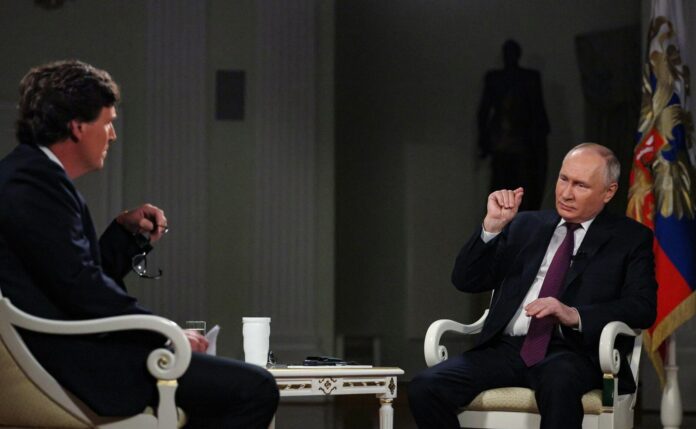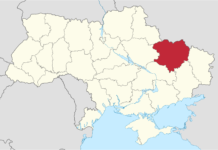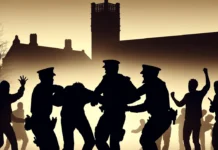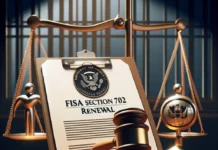In a series of statements that have drawn international attention, Russian President Vladimir Putin has made it clear that the conflict in Ukraine will persist until Russia’s objectives, which include the “demilitarization,” “denazification,” and ensuring Ukraine’s neutrality, are met. Putin’s unwavering stance was reiterated during a four-hour press conference, emphasizing that Russia’s goals in the ongoing war have remained consistent since the conflict began in February 2022. The Russian leader has projected a scenario where peace could only be envisioned once Ukraine aligns with these demands, essentially suggesting that the resolution of the conflict hinges on Ukraine’s compliance with Russia’s conditions.
Putin’s assertions come amid a backdrop of intense fighting and significant losses on both sides. He has highlighted the battlefield initiative claimed by Russian forces and has pointed to the military and strategic maneuvers being made by Russia along the line of contact. Despite the heavy toll the conflict has taken, including hundreds of thousands of casualties and millions displaced, Putin suggests that the resolution lies in the hands of Ukraine, indicating a willingness to resort to military measures should negotiations falter.
Furthermore, Putin has addressed the broader geopolitical implications of the conflict, criticizing the West’s role and NATO’s eastward expansion as provocations that led to the war. Amid these complex dynamics, Putin has also highlighted Russia’s internal resilience, mentioning a substantial number of volunteers joining the Russian military forces, signaling no immediate need for further mobilization.
As the conflict approaches its second year, the statements by the Russian leader underscore the entrenched positions and the complex interplay of military strategy, national sovereignty, and international diplomacy. Putin’s remarks reveal not only the depth of the geopolitical rift between Russia and Ukraine but also the broader tensions with Western nations. The insistence on Ukraine’s neutrality and the rejection of its NATO aspirations reflect Russia’s longstanding concerns about Western encroachment and the strategic buffer Ukraine represents.
This narrative, while emphasizing Russia’s military commitment and strategic objectives, also hints at the protracted nature of the conflict and the challenging path toward peace. The insistence on stringent conditions for ending the war highlights the complexities of negotiation, where the demands for demilitarization and denazification are met with skepticism by Ukraine and its allies, who view the conflict as an unprovoked aggression rather than a defensive measure by Russia.
As the international community watches closely, the unfolding events continue to shape the geopolitical landscape of Eastern Europe, with far-reaching implications for global security, diplomacy, and the principles of national sovereignty and territorial integrity.
Image is licensed under the Creative Commons Attribution 4.0 license and was created by Администраия президента России.










